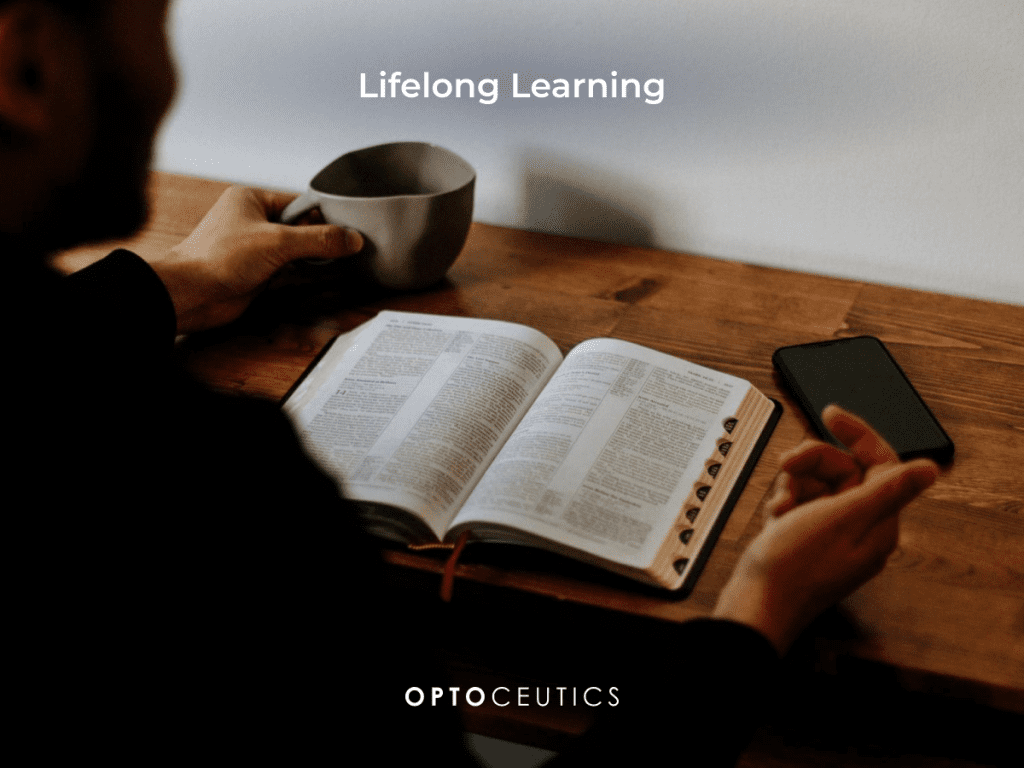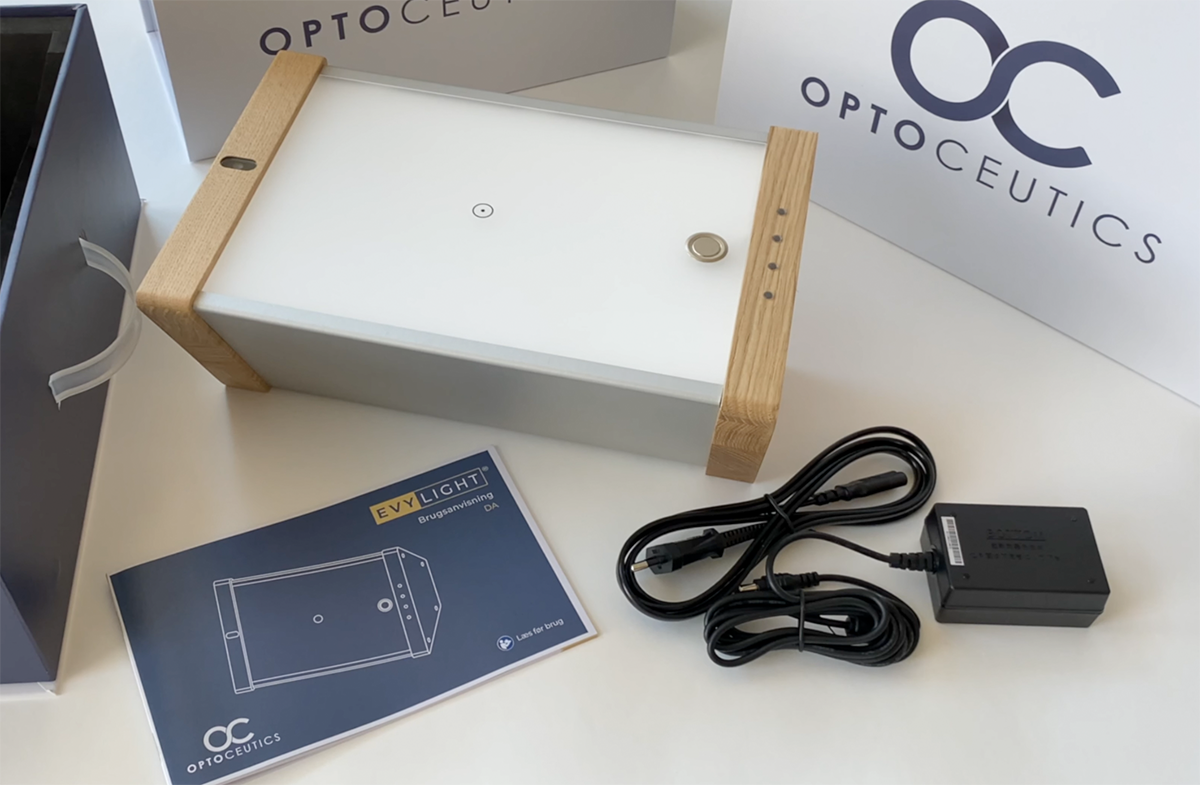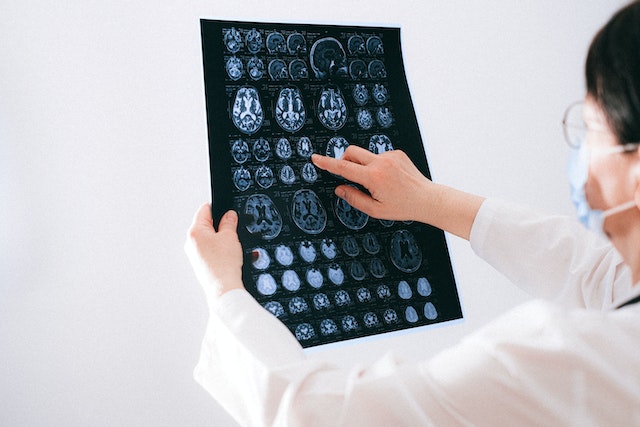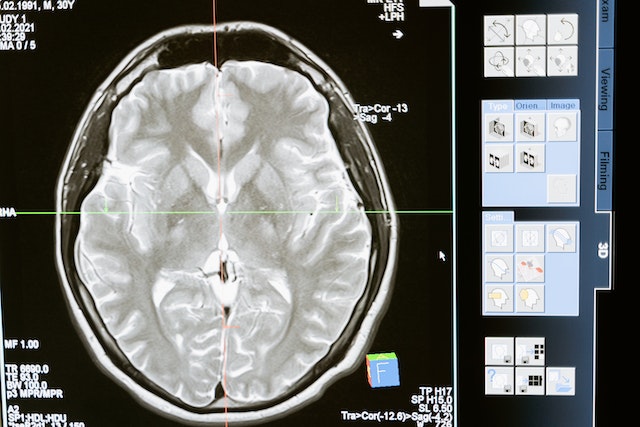The human brain is a remarkable and adaptable organ, capable of incredible feats of learning and memory. Learning is not just a process reserved for classrooms; it’s a lifelong journey that has a profound impact on the structure and function of the brain. In this blog post, we’ll delve into the fascinating ways in which learning influences our brain health, cognitive abilities, and overall well-being.
The Brain’s Capacity to Learn
Our brains are designed to absorb new information, adapt to changes, and rewire themselves based on experiences. This phenomenon, known as neuroplasticity, underscores the brain’s remarkable ability to create and strengthen connections between neurons. Every time we learn something new, whether it’s a new language, a musical instrument, or a complex concept, our brain undergoes structural changes that enhance its capacity.
Strengthening Neural Pathways
Learning involves the creation of neural pathways, which are like interconnected highways for information in the brain. As we repeat and reinforce new information, these pathways become more efficient, allowing for quicker and more accurate retrieval of knowledge. Just like a well-worn trail in the forest, the more we engage with a particular skill or topic, the stronger the corresponding neural pathway becomes.
Enhancing Cognitive Functions
The impact of learning on the brain extends to cognitive functions such as problem-solving, critical thinking, and creativity. Engaging in activities that challenge the mind, like solving puzzles or learning a new strategy game, activates various regions of the brain. This not only sharpens existing cognitive skills but also encourages the development of new ones.
Neurogenesis and Lifelong Learning
Contrary to the belief that brain cells stop developing after a certain age, research has shown that neurogenesis—the creation of new neurons—continues throughout life, particularly in the hippocampus, a region associated with learning and memory. Engaging in continuous learning and mentally stimulating activities can promote the production of new neurons and the formation of new synaptic connections.
Learning as a Buffer Against Cognitive Decline
Learning is not only beneficial for cognitive development; it also plays a role in safeguarding against age-related cognitive decline. Studies have indicated that individuals who engage in lifelong learning activities, such as attending classes or workshops, have a reduced risk of cognitive impairment and dementia. Keeping the brain active through learning is like providing it with regular exercise to stay fit and resilient.
The Role of Emotion and Learning
Emotions are closely intertwined with learning processes. Positive emotions such as curiosity, enthusiasm, and a sense of accomplishment can enhance learning by releasing neurotransmitters like dopamine that promote attention and memory consolidation. On the other hand, stress and negative emotions can hinder the learning process. Creating a positive and conducive learning environment is key to optimizing the brain’s receptivity to new information.
Conclusion
In a rapidly evolving world, the importance of learning cannot be overstated. Whether it’s acquiring new skills, exploring unfamiliar subjects, or simply staying curious, the act of learning has a profound impact on the brain’s structure, function, and overall health. Embracing a lifelong learning mindset not only enriches our knowledge but also nurtures our brain’s vitality and cognitive abilities. So, the next time you embark on a learning journey, remember that you’re not just expanding your horizons—you’re also nurturing the incredible organ that makes it all possible: your brain.

REFERENCES
Flexman, R. (2021). Lifelong Learning:: A Key Weapon in Delaware’s Fight Against Cognitive Decline. Delaware Journal of Public Health, 7(4), 124. Link
Curious to learn more?
Take a look at some of our other blog posts to dive into the science of living a healthy and happy life.
We at OptoCeutics wish you a great reading journey beyond ?












































